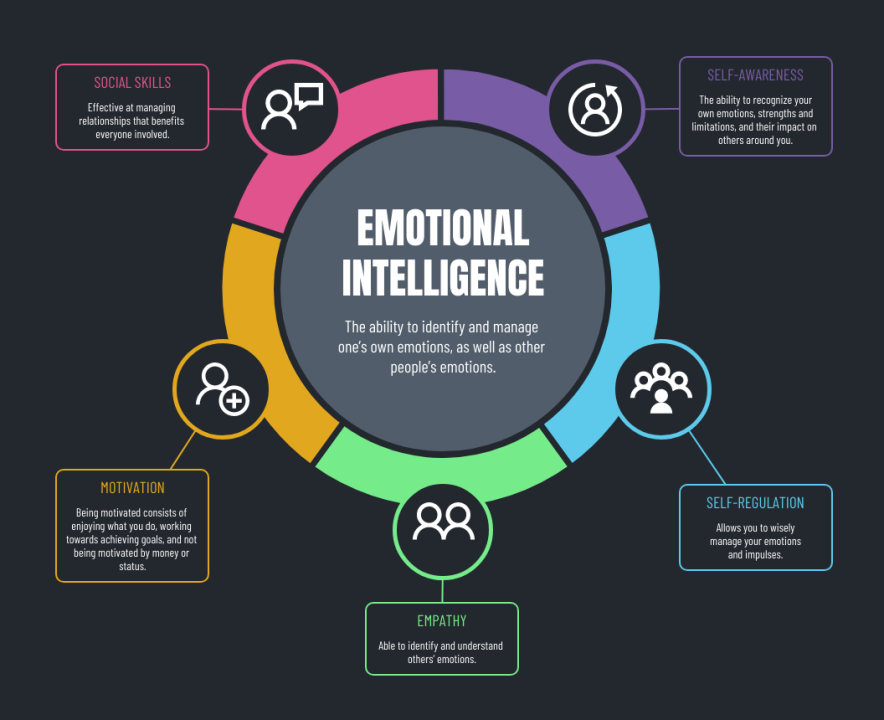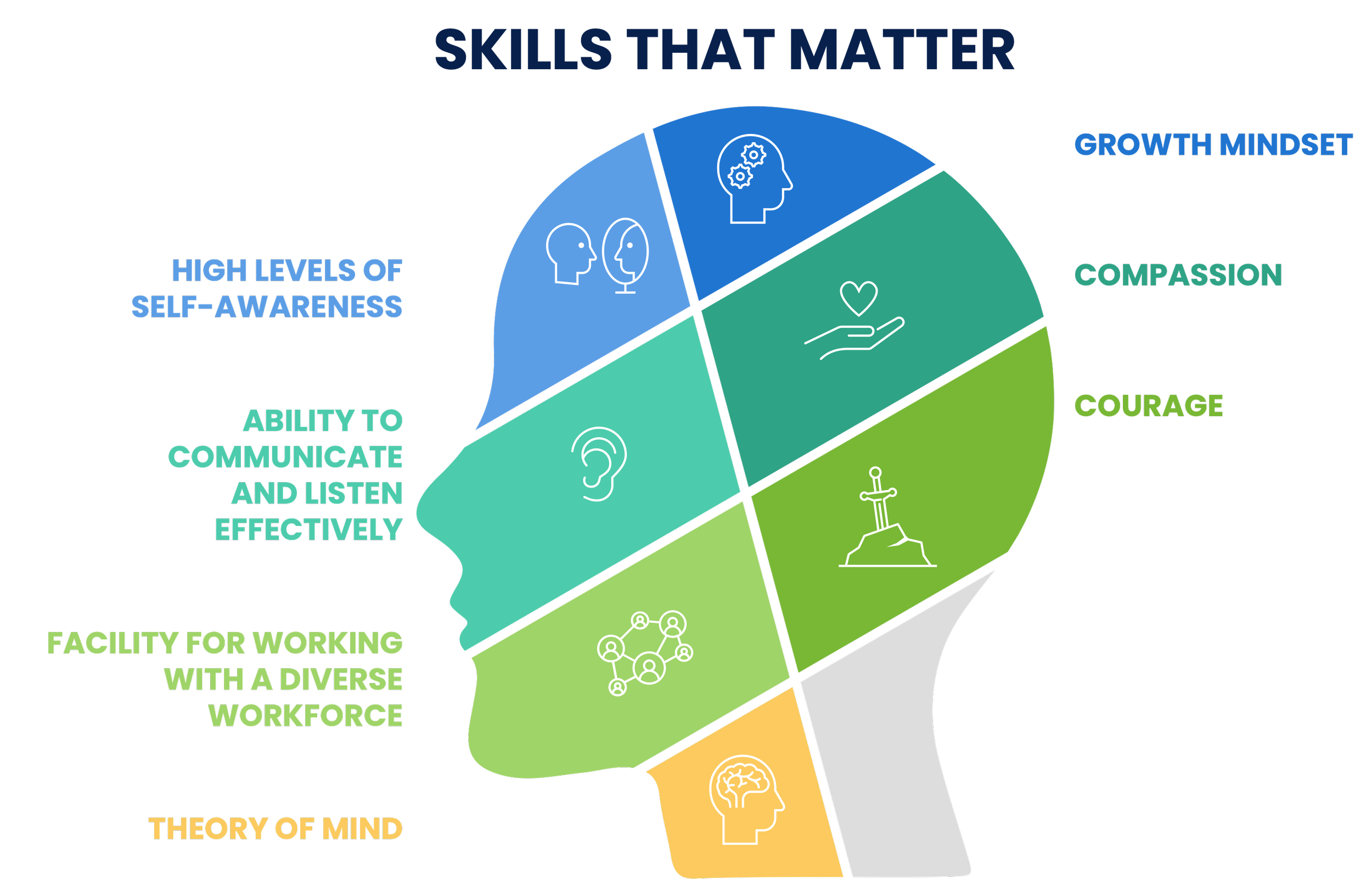Self-awareness is a crucial talent that can have a big impact on a student’s academic success and general well-being. It’s frequently referred to as the cornerstone of personal growth. It requires having a thorough awareness of one’s emotions, traits, flaws, values, and objectives. Self-awareness development can be a transformative process for students, enabling them to successfully negotiate the challenges of academic life and get ready for the future. In this essay, we look at key abilities that can aid students in developing self-awareness.
Meditation Techniques
Being mindful means paying close attention to the present moment and objectively observing one’s thoughts and feelings. Students can benefit from mindfulness exercises like meditation and deep breathing to help them become more conscious of their inner experiences. These methods cultivate an awareness of the thoughts and feelings of the students by encouraging them to
Journaling
Encouragement of journaling among students can help them become more self-aware. Students have a concrete record of their emotional reactions and mental patterns when they write down their thoughts, reflections, and daily experiences. They can use it to find recurrent themes, triggers, and topics they want to investigate more.

Introspection
Examining one’s thoughts, behaviors, and experiences is the act of self-reflection. Encourage pupils to schedule frequent time for introspection. They can inquire within themselves about things like “What am I feeling right now?” and “What did I learn from this experience?” Deeper introspection is sparked by self-reflection, and it can produce insightful information.
Seek Feedback
Students might gain an outside perspective on their strengths and faults by receiving feedback from others. Encourage children to ask for feedback from mentors, peers, and professors on a regular basis. They can learn more about their communication preferences, potential problem areas, and blind spots they may not have been aware of with the use of constructive criticism.
Emotional quotient
The capacity to identify, comprehend, and control one’s own emotions as well as those of others is known as emotional intelligence (EQ). Empathy training, active listening skills, and understanding the emotions driving one’s own and other people’s actions are all ways that students can improve their emotional intelligence (EQ). Bettering one’s emotional intelligence promotes improved self-awareness and social abilities.
Clarification of Values
Identify the fundamental beliefs and values of your students. Students may match their actions and decisions with their beliefs when they have a clear understanding of what matters to them most. They are able to make decisions thanks to this clarity that are consistent with who they truly are.
Encourage kids to create both immediate and long-term goals. When setting goals, people should think about their academic, personal, and professional aspirations. Students have a greater knowledge of their motives and desires as they strive toward their objectives.
Self-Evaluation Resources
Students can discover more about their personality traits, learning preferences, and strengths with the use of a variety of self-assessment tools that are accessible. These instruments, like personality evaluations or numerous intelligence tests, can offer insightful information to help with self-awareness.
Positive internal dialogue
Students should learn to keep an eye on their inner language, or self-talk. Encourage them to use positive and self-affirming language to replace their negative self-talk. Self-talk that is constructive can increase self-worth and promote a positive self-image.
Ask for Advice
Finally, kids should feel at ease approaching mentors, counselors, or professors for advice. These dependable people can offer insightful advice and aid students in their quest for self-awareness.
Finally, self-awareness is a talent that enables pupils to comprehend themselves more deeply, resulting in enhanced academic performance, better interpersonal interactions, and personal development. Students can start on a path of self-discovery that will benefit them throughout their academic career and beyond by developing these crucial self-awareness abilities.

1 thought on “Skills for Self-Awareness: Empowering Students for Success”